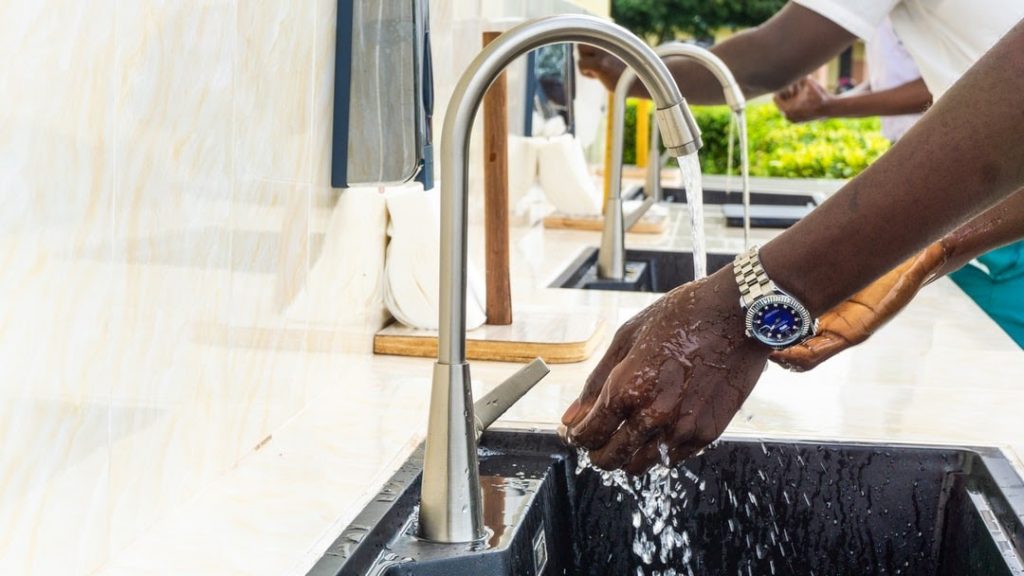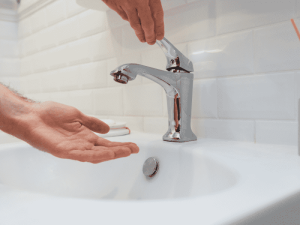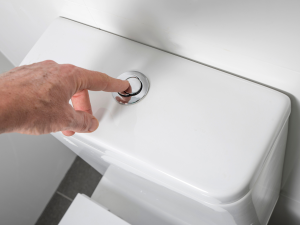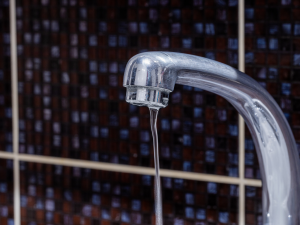In water wells, rust contamination can cause a variety of problems. The result is usually brownish-red water that can stain clothes, damage appliances, and change the taste and color of your drinking water.
Tap water in Arizona is generally safe to drink, however it is important to be aware of the water quality in your area. Minerals such as iron can cause discoloration in sinks and toilet bowls, as well as require additional detergent when using dishwashers. Testing your tap water is the best way to know if you can drink it, and if not, you can purchase bottled water or install a water purification system. The Arizona Department of Environmental Quality provides resources on water quality in the state, so if you are unsure of your tap water quality you can always check it. So, in answer to the question: Can you drink tap water in Arizona? The answer is yes, as long as you are aware of the water quality in your area.
Is well water safe to drink? Iron oxide (what we call rust) may not be harmful to your health, but it can impart a strong, unpleasant taste to food and beverages that is produced by the iron in the water. As a whole, it can be quite an unpleasant substance that causes a number of issues, especially when stemming from its presence in water wells. Which is why it’s recommended to have your well water tested as well.
Why Should I Be Concerned About Rust In My Well?
As a homeowner, if you notice that your water is showing signs of rust contamination (discoloration, metallic taste, water pressure changes) taking early steps to solve the problem could save you thousands of dollars down the line.
There are a lot of concerns regarding the damage that rust causes to expensive appliances and piping within a home. Home appliances and pipes can be costly to repair or replace, which can result in significant value loss for your home.
While you may not necessarily be the person making the repairs yourself when these problems occur, it’s still important to be informed so you know what you need to look for in order to detect problems in the early stages.
What Causes Rust in Well Water?
Rain and snow can cause iron to dissolve into the water when they fall upon metal surfaces and when they seep out from soil or rock containing iron. The presence of iron can also be a result of corrosion from iron or steel well casings or water pipes. Iron minerals in the water turn to rust similar to how iron rusts in a metal pail if it is exposed to water and oxygen.
The pH of your well water also has an effect on the rate at which corrosion occurs; if your water is too acidic, it can speed up the rusting process and cause issues beyond the scope of regular maintenance. To effectively deal with this problem in the long term, you will need to manage the pH of the well water and make sure it remains at a balanced level.
How Can I Get Rid Of Rust In Well Water?
As previously mentioned, the long-term solution to rust contamination is the management of the pH of your well water. But there are solutions to remove rust in the short term as well which will depend on your current preventative measures, your budget, and the seriousness of the issue.
Water Softeners
“Hard” water is defined as water containing a higher mineral concentration. Over time, this build-up can cause hard deposits of minerals leading to clogged piping (These hard mineral deposits are what give hard water its name).
“Soft” water has less mineral content which means you have a better chance of not having rust form.
A water softener is a device that reduces the amount of minerals in your well. This will help you get rid of rust by reducing the hardness of the water which can quickly add to the accumulation of rust in your water well.
As a solution to rust, water softeners are a good place to start. They are relatively affordable considering the damage they can help prevent.
Iron/Rust Filter
Home water treatment is the most common method for controlling iron in the water. If you already have a whole house water softener system installed, the most effective solution is adding an iron filter.
An iron filter is a device that filters out any rust from your water. It has an ion exchange resin that attracts and traps the rust so it won’t get inside of your pipes or fixtures. However, note that they use replaceable cartridges which typically need to be replaced every 3-6 months.
Iron filters are a great addition to existing water filtration systems, and they offer an additional preventative measure against rust.
Use a Rust Remover Enhancement Product
Rust remover enhancement products are a relatively quick and inexpensive way to deal with rust in water wells. Two hours is all it takes for this product to remove rust buildup from well water.
Rust Out is an example of a popular rust remover that is often used alongside a water softener. Instructions are provided specifically for using the product with a water softener to remove rust from water wells.
You should read the instructions carefully before using this method because if you don’t use it correctly, the rust can end up solidifying after it’s been dissolved.
Use a Hydrogen Peroxide System
A hydrogen peroxide system is one of the most effective but expensive water treatment solutions. Not only does it get rid of rust in your well, but it can also help eliminate hydrogen sulfide gas, which is notoriously known for the damage it can do to some of the previously mentioned water treatment systems.
Hydrogen peroxide water treatment systems work over a wide range of water pH levels, as opposed to chlorine systems which are limited in the pH range they are able to work within. This means that they are effective in more cases than chlorine systems, but are offset by their higher cost.
Conclusion
Water purification systems have their pros and cons, and they vary in their ability to deal with rust in water wells. Many of these systems work well together and have instructions covering specifically how to use the system alongside another.
Before concluding which solution is best for you, you should test the pH of your water to ensure that the solution is suitable. This can be done with simple pH strip test kits.
If you’re uncertain about where to start and want to better evaluate the seriousness of your situation, it might make sense to contact a local service provider to learn more about preventing rusty buildup in your well. If interested for more content, you can read the next article on “What is a ductless mini split“.










